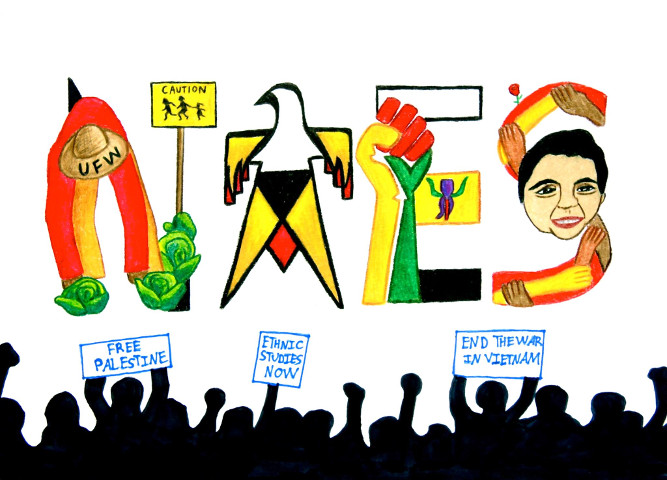Ethnic Studies Review

Orginal Publication Date
1996
Journal Title
Ethnic Studies Review
Volume
19
Issue
esr/vol19/iss1
First Page
[81]
Last Page
100
Abstract
According to the straight-line theory of assimilation, ethnic groups by the third or fourth generation should be entirely assimilated into mainstream society and should identify themselves as "Americans." Yet there has been a resurgence of ethnicity among white ethnics in the United States that has led to a renewed interest in particular ethnic groups and their cultures. Third- and fourth-generation European Americans claim an ethnic identity even though their ties to their ancestral homeland may be tenuous. Lithuanian Americans in Kansas City, Kansas, in the 1950s, 1960s and 1970s would seem to provide support for the straight-line theory of assimilation, yet since the 1980s they have reconstituted themselves through the Lithuanians of America organization and are experiencing a renewal of their ethnic identity. The Lithuanian American community in Seattle, Washington, also experienced ebbs and flows in the activism and unity of its members. The community was active at the turn of the twentieth century, next revitalized by Lithuanian emigres following World War II, and then became active again in the late 1970s after a decade of inaction. Members of the two groups were given questionnaires in the early 1990s to address the ethnic identity fluctuations as well as the role of non-ethnics in the organizations. One of the more exciting findings from the surveys and from participant observation was the extensive role of "ethnic converts" in the Kansas City organization, and their lesser (but still significant) role in the Seattle Lithuanian-American community.
Rights
Copyright ©ESR, The National Association for Ethnic Studies, 1996



Comments
Ethnicity, Family, and Community